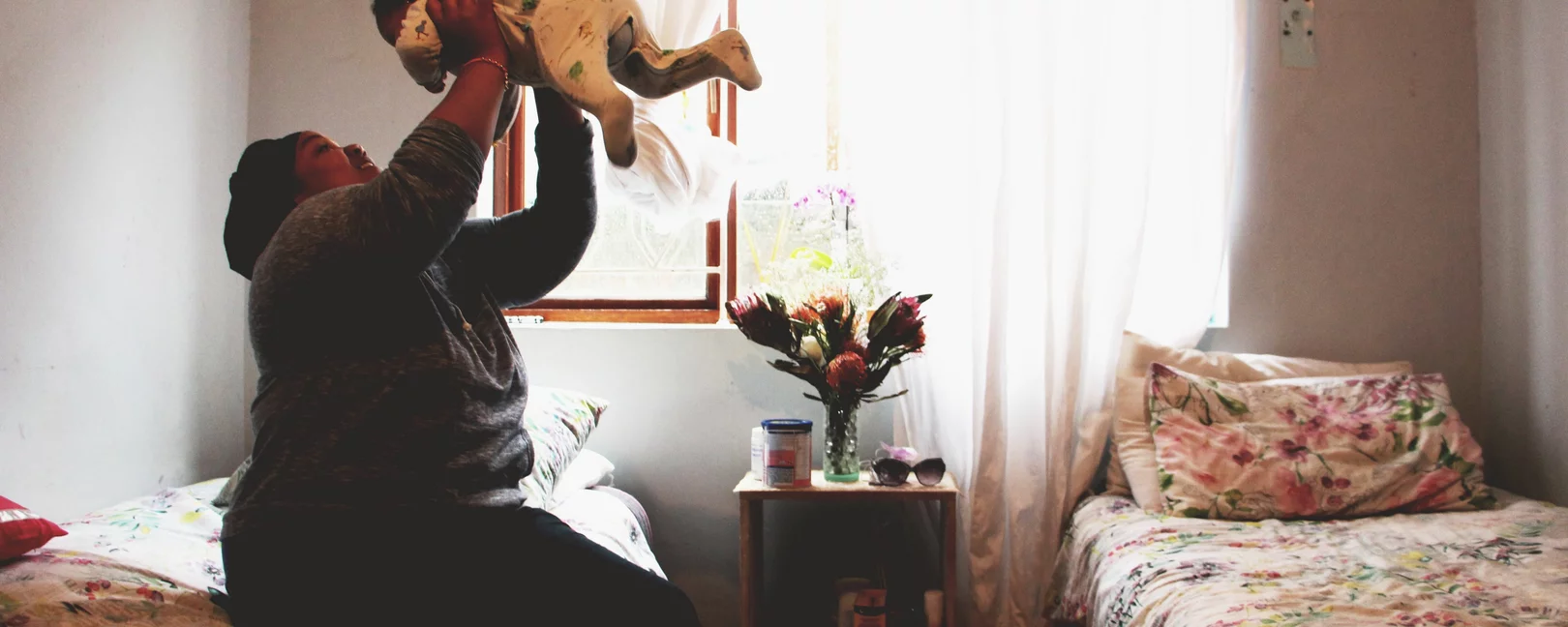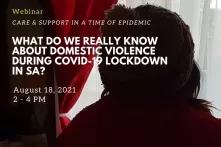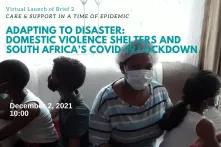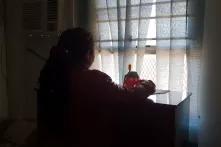Sheltering Hope: Care, Support & Accountability in GBV Response
A collation of research dedicated to a focus on strengthening care and support for victims/survivors of GBV through the lens of shelter services spanning the last decade. This body of work draws on two EU-funded projects aimed at improving the state’s response to GBV - particularly in the context of shelter services - and, more recently, how COVID-19 and the nationwide lockdown of 27 March 2020 shaped the incidence, experience, and response to domestic violence in South Africa.
Care & Support in a Time of Epidemic
Series 1: Evidence of Domestic Violence during Lockdown
This publication, and its associated virtual discussion, presents the available evidence for violence during the lockdown using data from three points of service, the national Gender-Based Violence Command Centre, the South African Police Services and health facilities.
Series 2: Adapting to Disaster: Domestic Violence Shelters and South Africa’s COVID-19 Lockdown
The second brief in this series lays the ground for the in-depth research report reflecting on the qualitative and experiential dimensions of the lockdown, both for the women who sought refuge, as well as those providing shelter services. Written from the perspective of shelters, brief 2 provides two accounts of working under these dramatically altered circumstances. The first tells how shelters adapted to the state of disaster through the harnessing and alignment of multiple processes and actors. The second is a considerably less sunny account. Focusing on the Department of Social Development, the brief surfaces habits and histories so entrenched that they were impervious to change – even in the face of disaster.





















